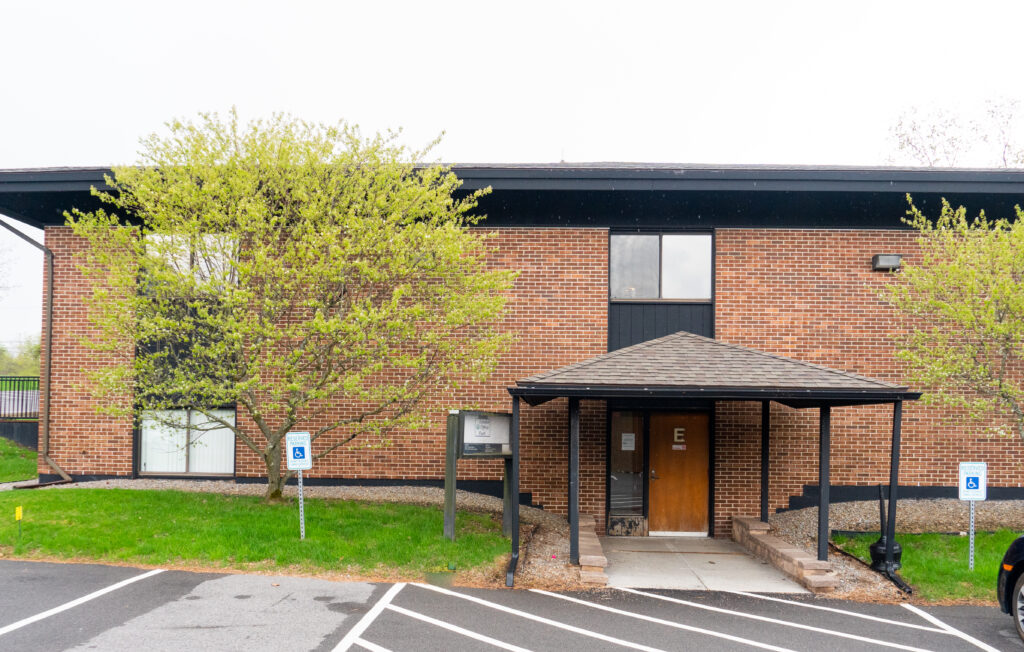Unilateral Hearing Loss In Children And What You Can Do To Help Your Child
By digitaljoe
The loss of hearing in one ear is called unilateral hearing loss (UHL) or single-sided deafness (SSD). The causes of this type of hearing impairment include viral infections, Meniere’s disease, head or ear injuries, or as the result of brain tumor surgery. The most common symptom of UHL is difficulty distinguishing sounds one wants to hear from background noises. There are treatment options, which many people choose to ignore. UHL is a common problem in children, with diagnosis typically made during newborn screenings or school screenings.
UHL In Children
A child with UHL is at high risk for speech-language development, cognition, and behavioral problems. These problems can impact a child’s school performance. A child with UHL may:
- Have trouble detecting the source of a sound.
- Have problems understanding speech in noisy places.
- Find it difficult to hear you from another room or outside.
- Be upset because they can’t hear.
- Answer questions incorrectly.
- Increase the volume on the television or radio to a high level.
- Appear not to be paying attention.
Hearing And Learning
The ability to hear affects learning. It is a critical component for speech and language development, communication, and education. A UHL delays development of speech and language which lead to poor academic performance. The delay is not a question of intelligence, but rather a learning environment that does not support a child with UHL.
Help For A Child With UHL
It is possible that a hearing aid might be a solution for your child depending upon age and the extent of the hearing loss. Speech and language therapy is another viable option. A hearing healthcare professional is a tremendous asset for helping you make the best decision for your child’s hearing. There are many things you can do now to help your child at home or school.
At Home
- Reduce the noise in your home to make it listening friendly.
- Avoid letting the child’s normal ear face noise sources like the radio, dishwasher, or air conditioner.
- Be aware of your child’s seat at the dinner table and in the car to make sure they are facing you when you speak.
- Never give your child instructions from another room. They may not be able to understand what you are saying.
- Teach others what you know.
At School
- Have your child sit near the teacher with the good ear facing the teacher.
- Request pictures and handouts to accompany all verbal lessons.
- Make sure your child is not seated with the normal ear facing the noise.
- Instruct the teacher on the workings of your child’s hearing aid.
- Monitor your child’s academic performance.
Remember that children are much like sponges learning the language as they hear it spoke. When the ability to hear is difficult, learning suffers. There are resources to help you and your child with UHL. Here are a few links:
- Unilateral Hearing Loss in Children (American Speech Language Hearing Association) http://www.asha.org/public/hearing/disorders/UHLchildren.html
- Possible Consequences of Unilateral Hearing Loss (Pediatrics for Parents) http://findarticles.com/p/articles/mi_m0816/is_8_21/ai_n13676520/
- Information sheet on unilateral hearing loss that families can share with teachers and doctors http://kandersonaudconsulting.com/Listening_and_Learning.html


